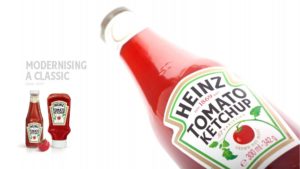On a scale of one to 10, how is your brand performing when it comes to creating meaningful difference that helps you stand out from competitors?
It’s a question brands will need to ask themselves more and more in today’s changing and challenging circumstances. As consumers navigate the cost of living crisis, establishing and communicating a clear meaningful difference will help brands get ahead. There’s more competition than ever in fmcg, so brands need to make sure they are dominating consumer share of mind. Reinforcing relevance, distinctiveness, and credibility is key to achieving that.
The first can be achieved by looking at how a product or service meets consumer needs, and how this relevance is manifested. To evaluate distinctiveness, brands need to identify their distinctive and memorable brand assets to create and reinforce positive memory structures in the minds of the target audience. And finally, to ensure credibility, brands need to understand their specific source of authority, and identify the reasons consumers will believe the brand’s promise and value proposition.
Failing to communicate meaningful difference leaves brands at risk of anonymity. Brand perception drives consumer choice. If consumers don’t know ‘who’ the brand is and what it stands for, there’s no way to drive consideration.
The first can be achieved by looking at how a product or service meets consumer needs, and how this relevance is manifested. To evaluate distinctiveness, brands need to identify their distinctive and memorable brand assets to create and reinforce positive memory structures in the minds of the target audience. And finally, to ensure credibility, brands need to understand their specific source of authority, and identify the reasons consumers will believe the brand’s promise and value proposition.
Failing to communicate meaningful difference leaves brands at risk of anonymity. Brand perception drives consumer choice. If consumers don’t know ‘who’ the brand is and what it stands for, there’s no way to drive consideration.








